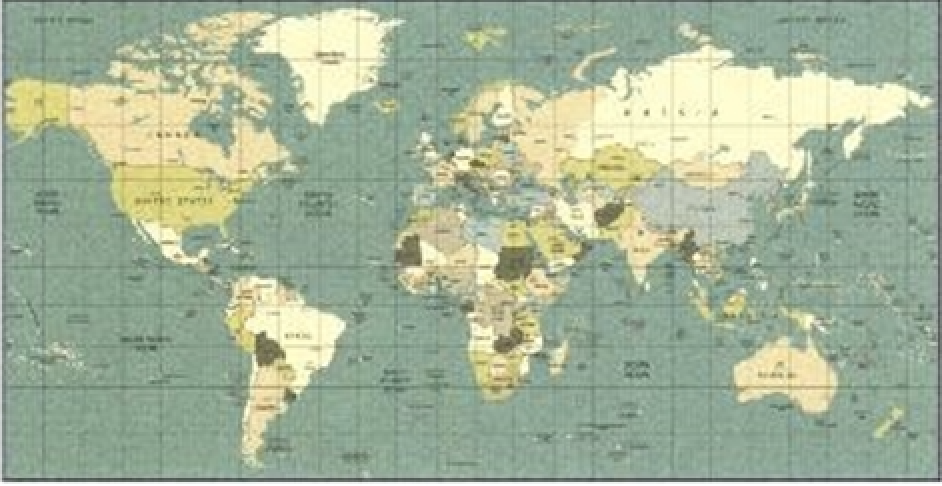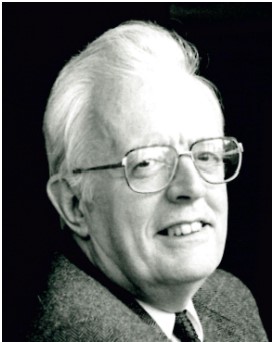- Docente: Salvatore Bonfiglio
L'economia internazionale studia l'interdipendenza economica e finanziaria delle nazioni. Tra i
temi oggetto del corso, attuali e di interesse per uno studioso di politica, ci sono: l'internazionalizzazione dei
mercati finanziari, gli equilibri (o squilibri) macroeconomici dei diversi paesi e la loro propagazione
nell'economia mondiale, il funzionamento dei mercati dei cambi, il ruolo della globalizzazione sui mercati
finanziari
temi oggetto del corso, attuali e di interesse per uno studioso di politica, ci sono: l'internazionalizzazione dei
mercati finanziari, gli equilibri (o squilibri) macroeconomici dei diversi paesi e la loro propagazione
nell'economia mondiale, il funzionamento dei mercati dei cambi, il ruolo della globalizzazione sui mercati
finanziari
- Docente: Paolo Porchia
- Docente: BENEDETTA AGOSTINELLI
- Docente: Francesco Spandri

Besides analyzing some of the main grammar and morphosyntactic structures of the English language, the course focuses on the diversity and richness of Anglo-American cultures through literature and its authors. A selection of literary works written between the nineteenth and twentieth centuries will be read and discussed in class. Special attention will be given to their formal and rhetorical characteristics as well as their historical, social, and political legacy. By promoting active participation in class, the adopted teaching method aims at improving overall language proficiency, including the ability to engage in open discussion.
The course is divided into four modules: the first module (“Focus on English Grammar”) deals with some of the main grammar and morphosyntactic structures of the English language. The other three modules (respectively titled “19th Century American Short Stories,” “20th Century American Short Stories (Part 1),” and “20th Century American Short Stories (Part 2)”) offer an introduction to the diversity of American culture through short stories and their writers.
At the end of the course, students will be able to analyze the chronological and historical development of the American short story through come of its most representative authors. Moreover, they will familiarize with the act of analyzing and interpreting short stories through appropriate theoretical and methodological frameworks, acknowledging alternative interpretations and developing critical thinking. Finally, students will experience how literary and cultural texts can transform one’s perception and understanding of self, other and communities.
The course is divided into four modules: the first module (“Focus on English Grammar”) deals with some of the main grammar and morphosyntactic structures of the English language. The other three modules (respectively titled “19th Century American Short Stories,” “20th Century American Short Stories (Part 1),” and “20th Century American Short Stories (Part 2)”) offer an introduction to the diversity of American culture through short stories and their writers.
At the end of the course, students will be able to analyze the chronological and historical development of the American short story through come of its most representative authors. Moreover, they will familiarize with the act of analyzing and interpreting short stories through appropriate theoretical and methodological frameworks, acknowledging alternative interpretations and developing critical thinking. Finally, students will experience how literary and cultural texts can transform one’s perception and understanding of self, other and communities.
- Docente: NICOLANGELO BECCE
- Docente: CRISTIANA CARLETTI
- Docente: EUGENIO ZANIBONI
- Docente: Alberto Aubert
- Docente: CARLO CAMPITELLI
- Docente: Emanuele Rossi
- Docente: ANNA GABRIELA MARIA PAOLA DI LODOVICO
- Docente: Giuseppe Iannaccone
- Docente: Luisa Messina Fajardo
- Docente: OLIVIERO FRATTOLILLO
- Docente: MICHELE CAMAIONI
- Docente: GIORGIO CARAVALE
- Docente: Davide Maniscalco
- Docente: Raffaele Torino
- Docente: CARLO FOCARELLI
- Docente: Emma Luce Scali
- Docente: BENEDETTA AGOSTINELLI
- Docente: Vincenzo Cuffaro
- Docente: ILARIA BOIANO
- Docente: Anna Simone
- Docente: EUGENIO D'AMICO
- Docente: Felice Matozza
- Docente: Roberta Adelaide Modugno
- Docente: DIANA THERMES
- Docente: Michela Fusaschi
- Docente: BENEDETTA AGOSTINELLI
- Docente: FRANCESCO ALESSANDRO MAGNI
- Docente: Alberto Aubert
- Docente: MICHELE CAMAIONI
- Docente: ALBERTO BASCIANI
- Docente: Federico Goddi
- Docente: ANNA MARIA BISCOTTI
- Docente: Federico Roberto Antonelli
- Docente: NOEMI Mazzaracchio
- Docente: Alfredo Cirillo
- Docente: Antonio Spadafora
- Docente: ALBERTO BASCIANI
- Docente: Francesco Guida
- Docente: Daniele Andrea Argenio
- Docente: Anna Scarantino
- Docente: Roberta Adelaide Modugno
- Docente: Gianfranco D'Alessio
- Docente: Maria De Benedetto
- Docente: FEDERICA COLOMO
- Docente: ALESSANDRO VOLTERRA

Il Corso di sistemi giuridici comparati si propone di analizzare, secondo un'ottica storico-comparativa, le principali tradizioni giuridiche contemporanee (la tradizione giuridica occidentale ed i principali sistemi di Civil Law e Common Law, i sistemi giuridici islamici, i sistemi giuridici dell'Asia Orientale, i sistemi giuridici dell'Africa), illustrandone gli elementi connotati da stabilità e le loro convergenze e divergenze.
- Docente: Raffaele Torino

- Docente: Francesco Lagona
- Docente: Marco Mingione
- Docente: Marco Picone
- Docente: Antonio D'Alessandri
- Docente: ALBERTO BASCIANI
- Docente: Stefania Bartoloni
- Docente: Roberta Adelaide Modugno
- Docente: Anna Simone